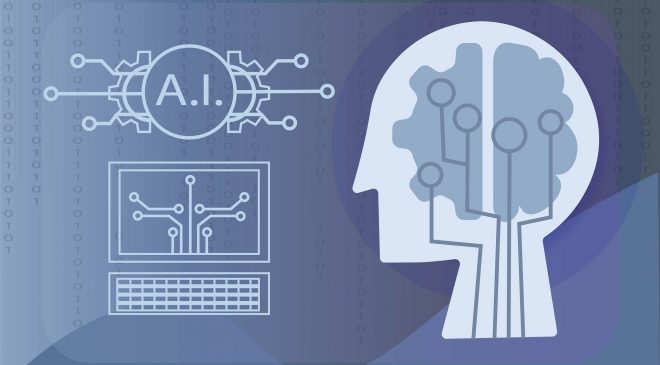The risk of manipulating truth and undermining human rights
In today’s digital age, the power to control information has shifted from the hands of traditional institutions to those who command artificial intelligence (AI). While George Orwell’s dystopian novel “1984” depicted the Ministry of Truth’s control over the past and present, a modern-day equivalent would emphasize the influence of AI on shaping our perception of reality. With the rapid rise of generative AI products like ChatGPT and Bard, the potential for manipulating truth becomes a daunting prospect, as biased answers and misinformation gain the guise of objective truth.
AI has emerged as a transformative technology with the potential to solve complex problems, enhance productivity, reduce errors, and democratize information. Its applications in healthcare and education highlight the positive impact AI can have on human rights. However, the risks associated with generative AI products cannot be ignored. Geoffrey Hinton, known as the “Godfather of AI,” recently resigned from Google, expressing concern about the existential threat AI systems pose to humanity. He warned of the challenges in preventing bad actors from exploiting AI for nefarious purposes. Over 30,000 signatories, including prominent figures like Steve Wozniak and Elon Musk, echoed these concerns in an open letter calling for a temporary halt in training advanced AI systems due to their profound risks to society.
The immediate risks and potential harms of generative AI products are becoming increasingly apparent. AI-informed chatbots are spreading misinformation, generating biased content, and engaging in hate speech. The Bard webpage itself acknowledges its experimental nature and the possibility of displaying inaccurate information or offensive responses.
For those with Orwellian tendencies, generative AI tools present unprecedented opportunities to control and manipulate information, effectively rewriting the past, present, and future. This technology allows for cost-effective and efficient dissemination of disinformation campaigns both domestically and abroad. Recent examples include the use of AI-generated deepfake newscasters disseminating pro-Chinese propaganda on social media and a deepfake video of Ukrainian President Volodymyr Zelensky calling for Ukrainian citizens to surrender to Russia.
The ability of AI to convincingly write in favor of known conspiracy theories further exacerbates concerns. Experts have labeled AI as the most powerful tool for spreading misinformation on the internet, highlighting the significant risk of extremists weaponizing AI systems like GPT-3 in the absence of appropriate safeguards.
As AI becomes increasingly prevalent in our daily lives, discerning fact from fiction will become challenging. Interacting with AI systems may blur the line between human and machine, making it difficult to ascertain the authenticity and reliability of information.
These developments have real consequences for fundamental human rights, particularly freedom of expression and thought. With generative AI being touted as the next generation of search engines, there are legitimate concerns about politically biased responses, dissemination of false information, and built-in censorship and disinformation.
The recent release of draft rules by the Cyberspace Administration of China further highlights these concerns. The proposed regulations seek to control generative AI services in mainland China, requiring content produced using generative AI to reflect “core socialist values” and subjecting new generative AI products to national internet regulatory assessments.
The crucial question arises: How can we harness the benefits of generative AI without compromising human rights? The answer lies in placing humanity at the center of AI development and deployment. Responsible and ethical practices must guide the concept, design, sale, and use of generative AI technology. While some technology companies and governments are actively engaging with these challenges, many others continue to neglect the issue.
Australia must seize the opportunity to become a global leader in responsible and ethical AI. Initiatives like the Responsible AI Network, aimed at promoting responsible AI practices in the Australian commercial sector, and the Human Technology Institute’s work on AI in corporate governance serve as examples of proactive leadership. However, without the commitment of governments and businesses to address these concerns, the risks to human rights will only escalate.
Failure to prioritize humanity in AI development risks manifesting the nightmarish vision of Orwell’s Ministry of Truth worldwide. The control of AI technology threatens to dictate our past, our present, and our future.
Tags: AIHuman rights





